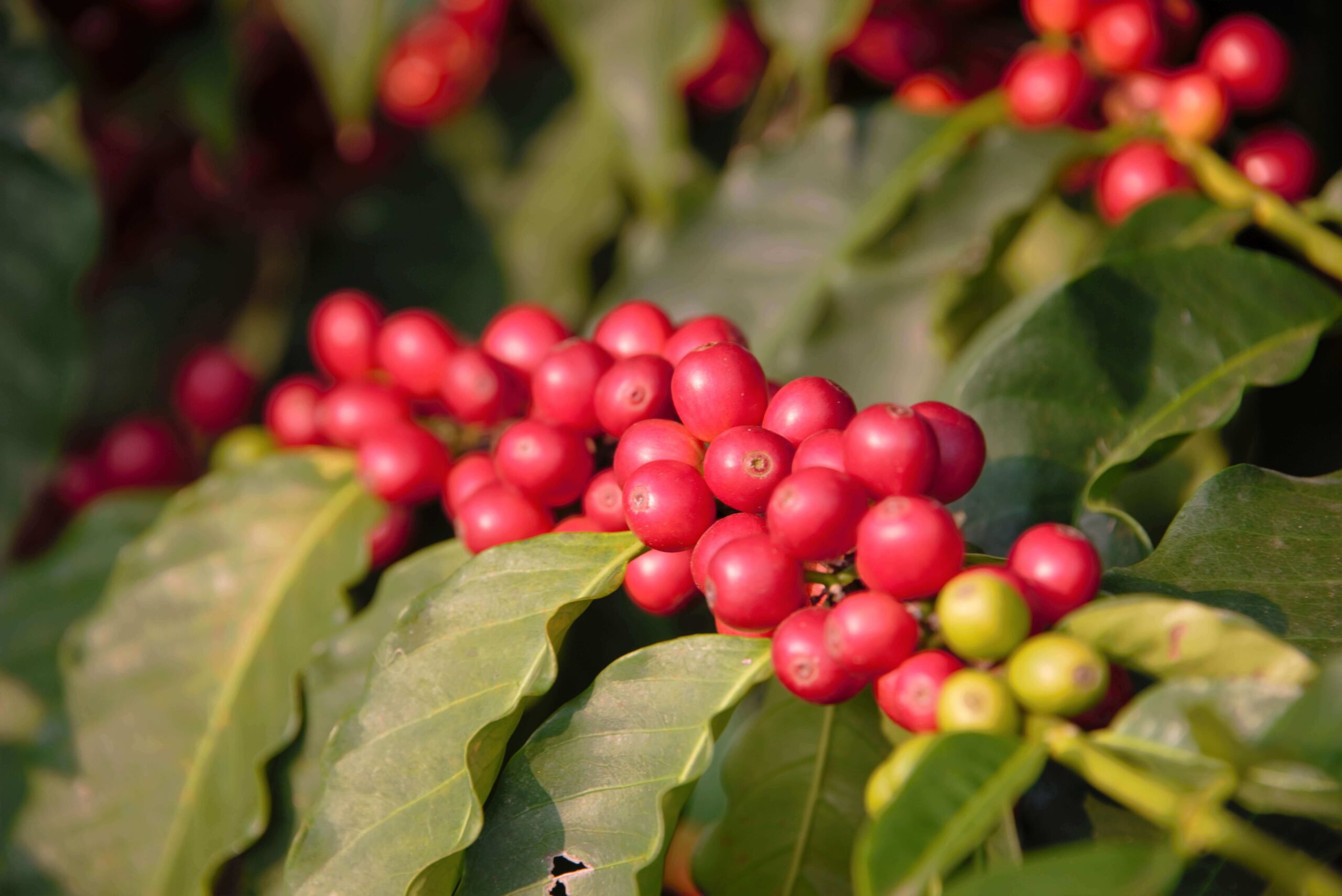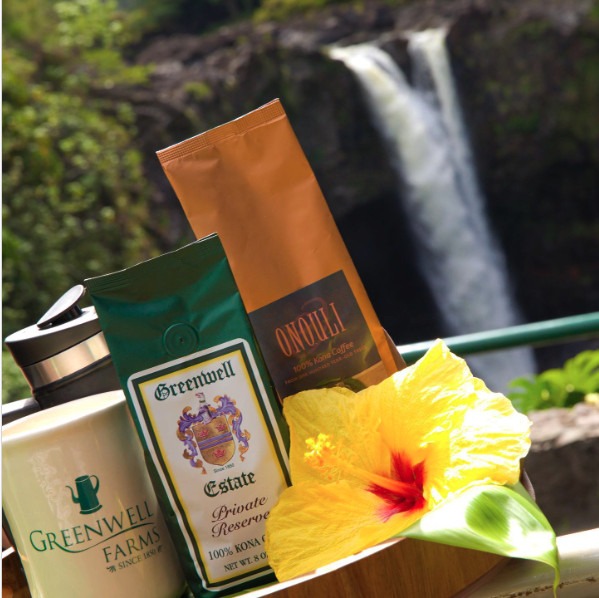Thanksgiving As A Way Of Life
Giving Thanks
Giving thanks for the people and things in our lives is a noble and uplifting practice. As the Thanksgiving Holiday arrives this year, it is a chance for us as a culture and as individuals to look to those aspects of our lives that we feel truly thankful for.
Even in the year 2020, with so much craziness from the pandemic, the economy, the natural disasters, and the election, it was still possible on a day-to-day basis to find something that we valued and appreciated. Whether a person’s smile, a bite of food, a sunset, a cool breeze on your face, music, or really whatever you’re into, the ability to notice it and create within yourself the condition of appreciation is a human characteristic that seems to me is one of our more evolved traits. Is it unique to humans?
Animal researchers find that the building blocks of appreciation can be found in some species of animals. Reciprocity seems to be a virtue that would increase one’s chance of survival. You’re nice to me, I’m nice to you. Remembering who was nice to you and sharing food with them, protecting them, is a technique whereby helping them, you help yourself.
This is found in several species but most commonly in groups that have an established social structure and rely on strength in numbers rather than individual force.
You Scratch My Back and I’ll Scratch Yours
Apes in particular have a long-established culture of reciprocity. Mutual grooming, sharing of food and shelter, warning others in your group of danger, cooperation in hunting, rescuing younglings in distress, are all examples of what scientist, Robert Trivers, calls reciprocal altruism. He believes that this was the foundation for what we humans came to know as “Gratitude.”
As the human pre-frontal cortex evolved, along with language, social behavior, decision making, complex cognitive behavior, and personality expression, the ability to remember who was good to you and to show “gratitude” toward them became an increasingly important social function, whose roots were grounded in survival. As our cultures evolved, we wove formal expressions of appreciation into various facets of our lives.
This theory is further supported by a Sydney University study that points out that there are several cultures around the world that have no formal word for “Thank you” but in each of those cases, the concept that “one good turn deserves another”, is well understood and practiced.
Those of you that regularly read this blog (all seven of you) know that I like to take these esoteric concepts and somehow tie them back to coffee. I promise I will get there, but first I’d like to share a very personal story with you, and in the irony of ironies, it is a story about Tea.
My Tea Ceremony Class
I spent a good portion of my 20’s in Japan, a country well known for its formal expressions of appreciation. During this time, I became acquainted with a teacher who invited me to her class to experience the Japanese Tea Ceremony. Happy go lucky, 23-year-old, suburban white boy, me, entered a class of well-to-do, slightly older ladies (in their 50’s and 60’s, which for me at the time seemed older). Needless to say, I was nervous and terrified of making a mistake, possibly bringing shame not only to myself but to Americans in general.
Our teacher, Hayakawa Sensei, was a very pleasant person, yet she was a beginner in English and my Japanese wasn’t yet conversational. The 14 ladies in the class teamed up to communicate with me, and we all ended up laughing so hard, and having so much fun they made me promise to come back. I had one of the funniest days of my life.
Interspersed with all of that fun, was this formal ceremony, where one of the students would become the tea maker (host) and serve a bowl of tea to each guest. The guests had a prescribed way to receive the bowl, and to interact with the host. On that first day, I understood little, but I felt it was one of the most interesting “art forms” I had ever seen. I would later come to learn it was “The Art of Creating Atmosphere.”
So began a three-year “friendship” with that class. The ladies took me everywhere. They introduced me to things that I otherwise would never have experienced. My classmates taught me Japanese words, concepts, skills, and “trained” me how to act and even “how to think” in various situations. They shared with me the difference between good manners and great manners, how language shapes people’s view of us, and how noticing the fine details of life opens one’s own mind and heart. It was a really beautiful life experience.
Live and Learn (In Appreciation)
Now on a sad-but-true side note, when one is learning a second language, they tend to absorb the language of the people around them and because these ladies were my main social group, at age 24 many people commented that my spoken Japanese had the feeling of talking to an old lady. (Crud!) I tried to remedy that by working part-time in a bar, surrounded by Japanese salarymen, but a few years later someone commented my Japanese sounded like talking to a drunk old man. (Double crud!)
During the course of that three years of formal tea ceremony instruction, it became clear that appreciation was one of the central themes of the ceremony. The tea ceremony is very connected to the seasons, and noticing what flowers are in bloom and which birds are commonly seen during that time of the year is part of the training. Young American boys where I came from could care less about birds and flowers, and so I started at absolute zero.
“We appreciate the seasons because each of them provides us something different. We appreciate the flowers because they share their beauty and fragrance for just a short time every year. When we live in appreciation of the things around us, we become better observers, the world reveals more detail, and as we become more in tune with the world around us, it enables us to engage with it at a more nuanced level” Hayakawa Sensei instructed me one day.
It slowly became clear to me that by studying the tea ceremony, I was fundamentally changing who I was as a person, how I viewed and interacted with the world. I could “learn” to appreciate everything and as I did everything opened up a world of its own.
It reminded me of Walt Whitman finding the universe in a blade of grass. Or Srinivasa Ramanujan, extrapolating some of the most complex mathematical theories ever created from a basic math book he found when he was 16 years old.
Changing Habits of Gratitude
During the ceremony itself, after the guest drinks the tea, it is polite to take a moment and examine the cup from which you just drank, to appreciate it. The way that you hold it, the words that you say, are not only a recognition of the thought put into the choice of the vessel by the host, but the creation of a habit that every part of the ceremony, no matter how simple is there for a purpose, can be examined and admired.
After a couple years of this training, I would find myself at Royal Host (It’s like Denny’s) and after I ate, I would find myself examining the cups and plates, noticing the details and design. Who does that? Who appreciates the plates at Denny’s! It had truly become a habit that would be with me to some degree for the rest of my life.
At age 28, when I decided to leave Japan for Hawaii, I made it a point to visit my Tea Ceremony teacher. I expressed to her my heartfelt gratitude for all that she had shared with me and told her my only regret was that I felt she had given me so much and I had nothing to offer her.
In her kind yet profound way, she smiled warmly and said, “For someone like me, a Japanese lady in my 60’s, having a friendship with a young, American boy is something I never imagined could happen. It has been really fun. The laughs we have shared, the questions you have asked, allowed me to see the world in a slightly different way, allowed me to understand my own humanity in a different way. Our class bonded more deeply because there was something unique about it. I think everyone in the class will treasure the 3 years of that crazy foreigner who wanted to learn everything about Japan.”
As we parted, I thought, “wow” right up to the very end, she truly walks every day in appreciation, notices all of the good, and expresses it elegantly and confidently. So too, must I.
Back to Coffee
Thirty years later I find myself surrounded by 100% Kona Coffee on a daily basis. At Greenwell Farms, I see the care that goes into the product, the respect for what they are creating, and the constant desire to make improvements where they can. From the way that we grow the coffee to the way that we serve it, the soul of appreciation exists in each step. In that appreciation is born an ever-deepening view of what coffee is, a more refined and nuanced understanding of it, and that renews our commitment to making it the best it can be and sharing the joy that it has given us with the world.
Sharing that joy is our pleasure. As we slowly welcome visitors back to our farm, we truly appreciate the interaction, the various stories we hear from all over the world, and the unique perspectives that each person brings.
We are grateful for those who have supported us throughout the years in every capacity and we will continue to honor them by creating only the highest level of premium 100% Kona Coffee. When you are happy, we are happy. Thank you very much! Really. Thank You!
While Thanksgiving is a good and formal opportunity to express your appreciation to those around you, including “appreciation” in your daily routine has many benefits. Appreciation can truly be a way of life that will also shape your life.
Aloha and Happy Thanksgiving.

Matt Carter is a retired teacher (1989-2018), part-time musician, farmer, and currently manages Greenwell Farm’s Tour and Retail Store Operations.






